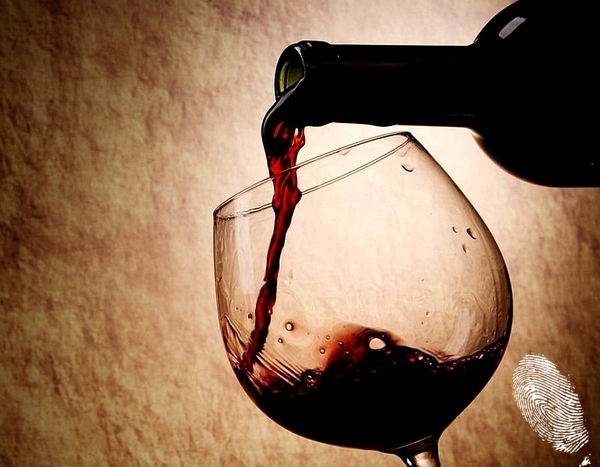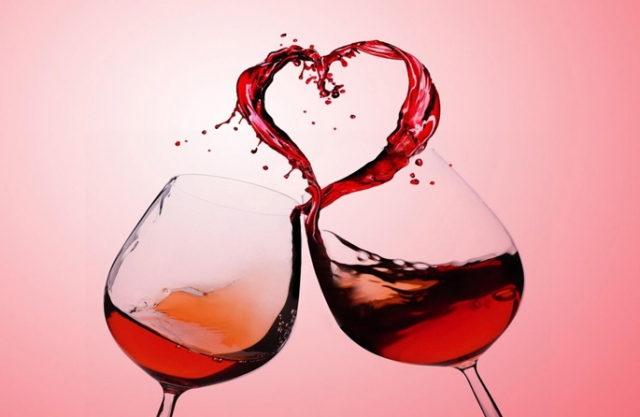Ivan Petkov
Wine is a drink that provokes passions. Therefore, making it requires passion. It should be moderate and sufficient for any experienced wine grower knows that what is in excess or scarce immediately affects the taste of this gift from the gods. No, do not think that everything is somehow too strict and rational. It takes a portion of sunlight, the right amount of moisture, the required soil with sufficient acidity and people with lots of love for wine to work all year round with the sole purpose of making wine. Then it takes patience in order for wine to mature, and zeal to reach the right customers. Competition is great, because wine is made all over the world. Only assessing a good wine properly is more difficult than making it, as every wine grower would say.

Of course, the dispute about the homeland of wine is clear in itself because the drink dates back to ancient times and the title of being its "inventor" is very prestigious. While the dispute about the homeland of wine continues between the descendants of Persians, Phoenicians, Greeks, Armenians, Turks, and others it is important to know that the drink appeared simultaneously with the birth of civilization. Even we Bulgarians can take part in it, because some of the data show that the region around the Black Sea is also part of the heated debate. Regardless of who invented wine, and where, it is the Greeks who attached glory, praise and divinity to the drink. Wine culture flourished in the Mediterranean and marked the rise and fall of countries and civilizations. The Romans took the baton and spread vineyards throughout the empire, undertaking to convince the world that in wine there is truth. The Celts invented barrels whereas glass bottles came from Syria. The Vikings called the New World Vinland because of the various varieties they found there. In the Middle Ages, the Church continued the work of ancient winemakers because of the metaphor for the blood of Christ. Very quickly, its metaphysical meaning and purpose entered everyday life again, for pleasure and as a sign of luxury and high social status. In the era of tumultuous trips around the world, wine was present on each ship and logically, discoverers transported it in order to spread it worldwide.

Wine brings intoxication and often it is compared with love thrills and sorrows, with divine revelations and the power of the human spirit. But as is known from ancient times, everything is in the dose.
Wine is a drink of the senses. Not only the palate and nose feel and assess it, but all the senses.
Drinking with the eyes
Sometimes sommeliers say that just as we judge someone on their clothes, so we can know wine. Vine grapes are rich in colour, thus giving a different colour to the drink itself and refracting light differently. The colour assessment is based on indicators such as colour, shade, clarity, density and the presence of "tears" in the glass, which are visible to every expert. Of course, each specialist has more and secret criteria, and a feeling that show him or her what to expect before tasting the drink.
Tip: you can most easily assess the virtues of the wine that you will consume by tilting the glass at 45 degrees and looking at it against a white surface. This applies primarily to the colour of wine. Clarity is evident when you hold the glass against direct sunlight, at eye level.
I guess that one can think by oneself of the tips previously mentioned. But what does the presence of "tears" in a wine glass mean? If you have seen a professional connoisseur or just a wine lover, you cannot but have noticed that they rotate the contents of the glass with a light movement of the wrist so that wine forms a small whirlpool. The more drops that run down the walls of the glass, the higher the alcohol content. Do not confuse this with the quality of the drink.
However, these are not all the secrets of the visual assessment of wine but they are enough for people who drink wine for pleasure. The rich colour and the presence of certain shades will activate the centres of pleasure and aesthetics, as well as taste receptors in advance. But do not rush!
Trust in your sense of smell
In addition to forming "tears", the rotation of wine is aimed at releasing its flavour. Tilt the glass to your nose and take slow breaths, a few seconds long, to allow your nose to inhale the rich flavour of the wine. However, try not to overdo it because the nose quickly overworks itself and it may stop noting the difference in flavours. Do not forget that, unlike specialists, we drink wine for pleasure and several breaths are enough to feel the sensual flavours of wine with our noses. Do not be surprised that wine flavours are often described as "bold" or "melancholic." Although you are not a specialist, allow them to merge with your momentary emotions.
There is also the so-called "dry smelling" that professionals apply to a "dry" glass in which previously there was wine. Alas, for most people this smell means only one thing, namely that the wine has been drunk and the evening is over or entering another stage.
To give substance to the information on flavours, I will mention that there are varieties of charts, one of which includes 12 different flavours and 94 specific shades in each category.
We need a few basic ones, but mixed with emotion, they remain unforgettable.
The tongue in the role of a judge